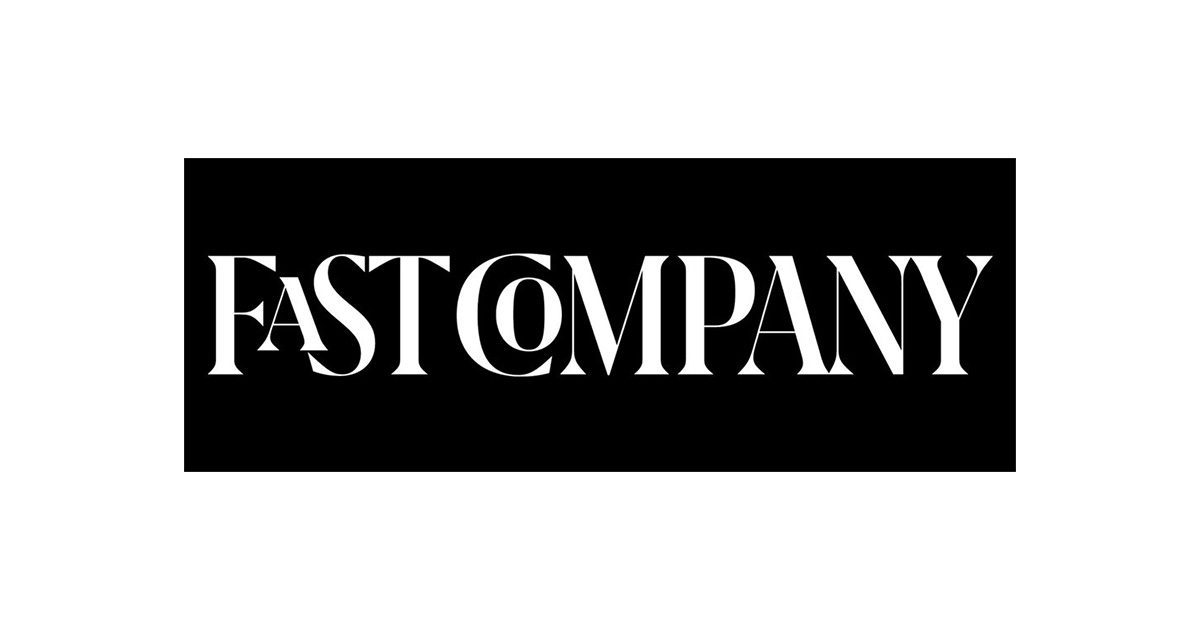
This article originally appeared in Fast Company on June 24, 2019.
Under Senators Mark Warner and Josh Hawley’s DASHBOARD Act, big tech companies would have to report the value of the user data they harvest to the Securities and Exchange Commission.
Both Silicon Valley and various tech policy groups are reacting cautiously to a new bill introduced in Congress today that would require large tech companies to report the dollar value of the personal data they collect from consumers each year.
The bill, called the Designing Accounting Safeguards to Help Broader Oversight and Regulations on Data (DASHBOARD) Act, is sponsored by two respected voices on tech in the Capital—Democratic Senator Mark Warner and Republican Senator Josh Hawley. The bill would require tech platforms with more than 100 million users to assess and report the value of the data to the Securities and Exchange Commission. The bill also requires tech companies to tell consumers exactly how their personal data is being used and if it’s being sold or loaned to other companies.
Most people in and around the tech industry welcome the bill, which finally demands some financial transparency from the largely opaque personal-data-driven world of interactive advertising platforms. The criticisms start when the bill proposes a way of discovering the real dollar value of personal data to those platforms, with some questioning the very premise of the idea.
The Information Technology and Innovation Foundation (ITIF) takes issue with the idea of placing a dollar value on data:
“. . . the premise is wrong. While data may have value, ‘paying’ for a service with data is not the same as paying with money. Unlike money, consumers do not have less data after sharing personal information, and they can share that same data with other services as well. On the contrary, for most commercial services, consumers always come out ahead by sharing data in exchange for a free service.”
The Interactive Advertising Bureau (IAB) wants to work with Hawley and Warner to make the bill less onerous for tech companies:
“Through the responsible use of data, companies are able to provide consumers with valuable content and services for little or no cost. Safeguarding that data, and being transparent about its uses, are just a few basic practices companies need to employ to maintain consumer trust,” says IAB EVP of public policy Dave Grimaldi in a statement. “IAB looks forward to working with Senators Warner and Hawley in crafting a solution that benefits consumers while enabling innovation and the continued creation of low-cost content and services.”
Meanwhile, the two companies most targeted by the bill were relatively mum. In a statement, Facebook meekly stated: “We look forward to continuing our ongoing conversations with the bill’s sponsors.” And Google simply declined to comment.
The Internet Association, which represents a number of large tech companies including Facebook and Google, took issue with the scope of the DASHBOARD bill.
“The internet industry supports a comprehensive, economy-wide federal privacy law that covers all companies—from social media sites to local grocery stores to data brokers—to give consumers the protections and rights they need to take full control of the data they provide to companies,” said Internet Association president and CEO Michael Beckerman in a statement.
Brendan Eich, CEO and cofounder of the privacy-friendly browser company Brave Software, also raises concerns about DASHBOARD’s scope:
“This bill is a bold first step. But I believe that we need a federal privacy standard that is at least as strong as the best state laws. We also need a law that interoperates around the world,” Eich says.
“And we need a law that gives users the freedom to decide what services they reward with their data in the first place. It’s time to bring the American concepts that underpin Europe’s GDPR back home, and apply them in a strong U.S. GDPR law to protect Americans’ privacy first. Without basic protections to gain proportionate leverage, users will never get a fair price from the big incumbents.”
WHAT DOES IT ACTUALLY DO
DASHBOARD, note, does not propose giving consumers a payout for their personal data. But it does try to establish a price in the name of making consumers more aware of what they’re actually paying for “free” services like Facebook. The bill calls on the Securities and Exchange Commission to devise a common way for all tech companies to report the value of its user data.
That may not be easy. It depends on how a tech company uses the data. Not all personal data is created equal. A piece of personal data’s value for targeting ads depends on where its owner lives, how they respond to ads, and their spending power. The personal data of someone in the U.S., moreover, has been estimated to be four times that of the average social media user. Some have attempted to measure the price of personal data in broad strokes. One 2017 study found that ads served without the aid of personal data (in this case, web behavior data) were worth almost 60% less to advertisers than those targeted using personal data.
And the DASHBOARD Act requires the tech companies to report the aggregate value of the personal data it holds. Antitrust scholar and former ad industry executive Dina Srinivasan doubts there will be a meaningful impact in the market from reporting aggregated user data in quarterly filings—especially since the question of how the value of the data is calculated will be heavily debated.
“The devil is in the details . . . There would be a thousand different ways to back into ‘what your data is worth.’”
“If we want more transparency around data and tech companies, it would be easier to require companies to simply report what they monetize each user for, on a monthly or annual basis,” Srinivasan says. “Companies like Facebook and Google have internal auction records that reflect this information. The auction records accurately reflect what user data is worth. Why don’t we simply require them to make that data public?”
“From a legislative cost perspective, this type of transparency would be easy and inexpensive for companies to provide (they already have it sitting on a server internally),” Srinivasan concludes. “Furthermore, the data that comes out of the companies would not be prone to different interpretations.”
Garrett Johnson of the conservative tech policy group Lincoln Initiativeis concerned about the bill’s unintended consequences:
“The DASHBOARD Act is an interesting approach to data privacy that could empower users. However, there remain deep concerns with such legislation, including the potential to embolden plaintiff lawyers, the imposition of a potentially arbitrary economic model for user data, and the ongoing fear of enshrining a regulatory environment that allows for the entrenchment of incumbents while stifling innovative startups.”
And the Media Trust says the proposed law would need more teeth:
“The Dashboard Act is a good first start and can provide an overarching federal standard for companies,” says CEO Chris Olson in a statement. “However, it will still need some type of incentive for companies to comply such as penalties similar to the General Data Protection Regulation instituted by the U.K. While it does require companies to provide an option for the data to be deleted, it should require companies to allow consumers to easily find and use the delete option.”
Digi.me U.S. CEO and UBDI cofounder Shane Green recently advised Sen. Warner on privacy:
“Sen. Warner and Sen. Hawley’s new bill addresses the two biggest problems in the online world: transparency and money. Real change will come when people understand how their data is used and monetized. Revealing how companies exploit and sell personal data inside an app is a major step toward greater accountability.”



